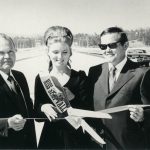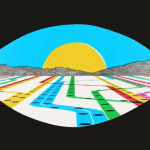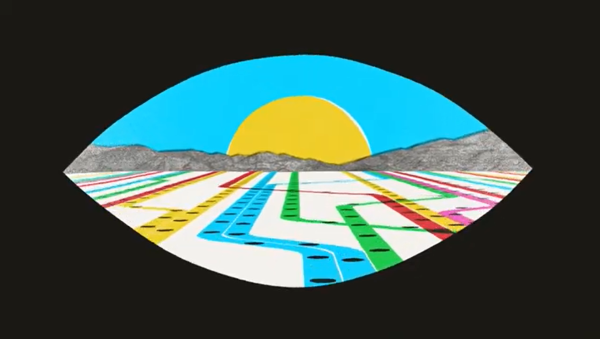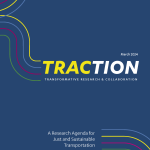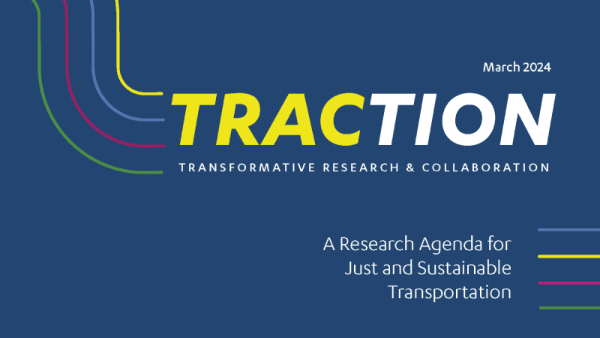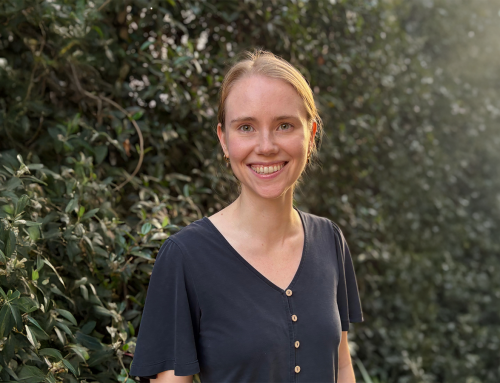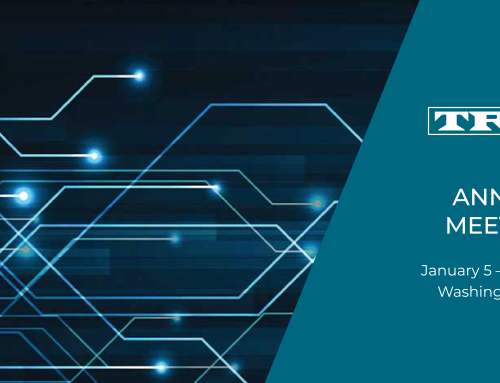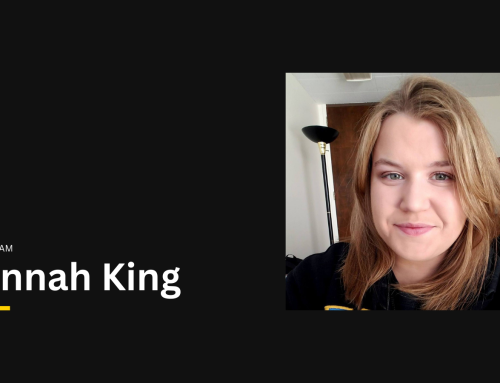Transportation equity scholar joins UCLA ranks as mentor professor
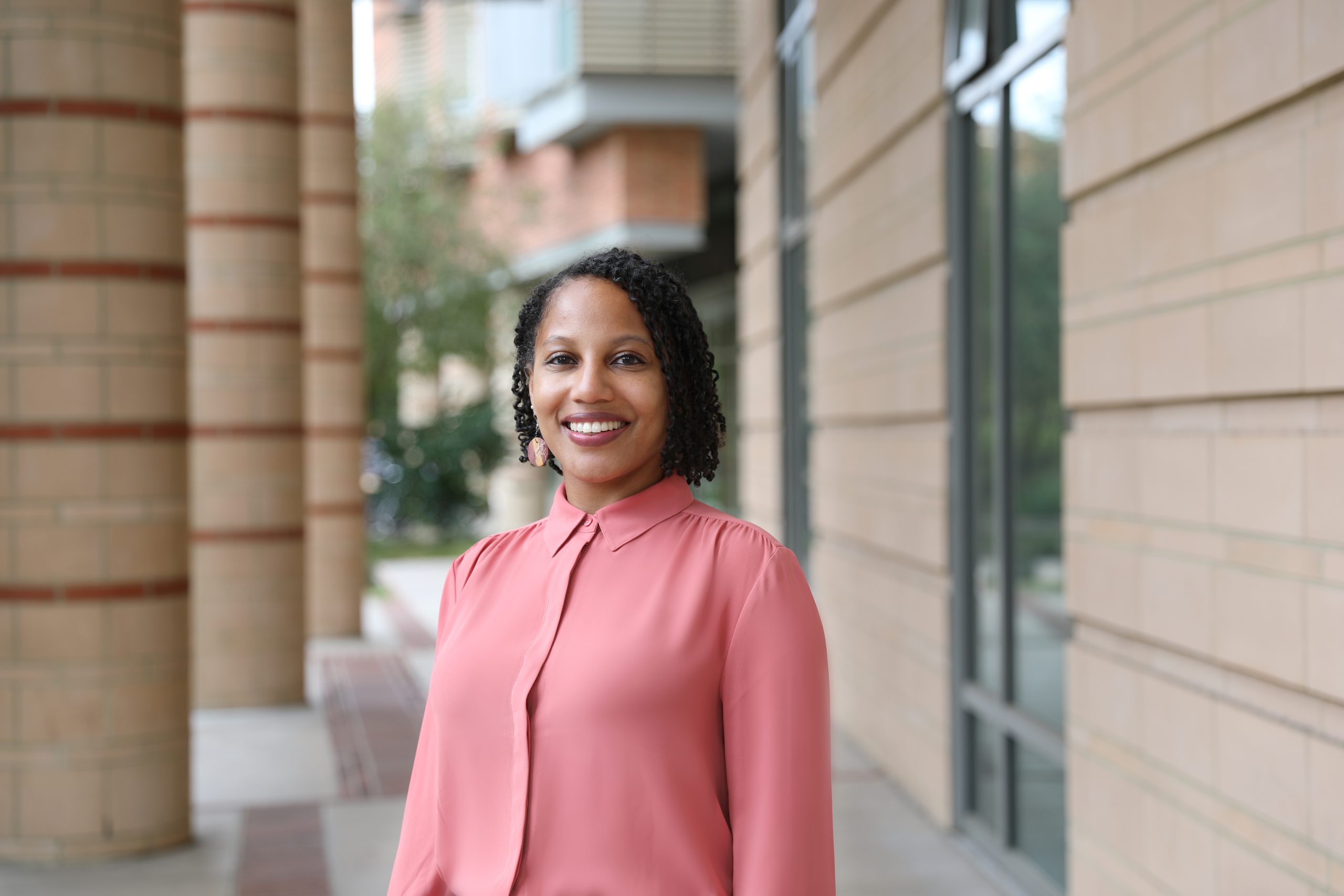
One of UCLA’s newest transportation professors is a familiar face.
Regan Patterson, an assistant professor of civil and environmental engineering, joined the UCLA Samueli School of Engineering this fall, where she previously earned her bachelor’s degree. Patterson, whose research focuses on sustainable transportation, air quality, and environmental justice, is part of the school’s Mentor Professor Program, an initiative designed to hire faculty who will also provide mentorship to students from underrepresented and underserved populations.
Patterson first conducted research on air quality as an undergraduate chemical engineering student. And, though she began to study the impacts of transportation policies on air quality and environmental justice as a graduate student at UC Berkeley, it was not until her recent two-year fellowship with the Congressional Black Caucus Foundation that her work became centered around transportation equity.
Along with teaching and mentoring engineering students, she will continue researching air quality disparities along with transportation access and infrastructure, place-based interventions, and the impacts of historical and contemporary transportation policies.
The following interview between Professor Patterson and UCLA ITS Communications Fellow Jo Dine has been edited for clarity and length. This interview took place October 2022.
What was it like to work with the Congressional Black Caucus Foundation? What specific research did you do?
It was great. I was able to dive into transportation issues. We focused on stakeholder engagement. We developed policy briefs and had conversations with legislative staffers, along with people representing nonprofits and industry. My role included putting together the transportation equity session for the annual legislative conference that brings together folks from the Hill, government agencies, nonprofits, and academia. One of the briefs I authored — “New Routes to Equity: The Future of Transportation in the Black Community” — I had the opportunity to speak about at the 2021 UCLA Arrowhead Symposium: Transit in Transition. My second brief was on autonomous vehicles and how they could impact Black employment opportunities.
How did you end up back at UCLA?
I consider the last couple of years my “gap years” as I decided whether to stay in the policy world or go back to academia. I had always done policy-relevant research, but because of the fellowship, I had the opportunity to be directly in the policy space, analyze issues and focus on solution-oriented work.
When I was made aware of this UCLA professorship position, I liked that it was a Mentor Professor position. Mentorship is one of my passions, particularly for engineering students interested in equity and justice issues. When I got the position, I knew I had a support system already in place here at UCLA. Plus, there was an openness to my focus on transportation equity and environmental justice. I thought, if I’m going back to academia, this is the kind of position I want to be in.
What projects are you currently working on?
I will continue to research air quality exposure disparities, whether related to transportation or other factors. Still, another project will focus on infrastructure, specifically freeway development and — now with this infusion of federal funding — the potential for freeway removal. I’ll be looking into the impacts: how those kinds of projects can be done equitably with community-led visions, and how that can be supported through research and analysis? I also hope to study the role of place-based interventions in transportation more generally. Finally, I’d like to partner with communities around public transportation, especially around issues of electrification and general access. How do we work towards electrification without focusing solely on single-occupancy vehicles? How do we expand access to electrified public transit?
Are there any specific community organizations you are involved with or are hoping to get involved with in the future?
I’ve had opportunities in the past to collaborate with various communities and community organizations. At UC Berkeley, I worked closely with organizations in the Bay Area. While I was in Washington, D.C., I developed relationships with folks in the district, as well as, interestingly enough, in the state of Washington. Now that I’m back in Los Angeles, I’m taking this period to sit and learn about community organizations, to see who I should be in conversation with. I don’t want to come in like, “I’m Regan, the researcher,” but instead to say, “I’m interested in supporting your work.” So, for now, I’m listening and learning.
Is there anything else you would point to as a unique or significant transportation equity issue for L.A.?
Ports are in this area of transition toward alternative fuels and clean energy. Much of the work I did in the Bay Area centered around the Port of Oakland, and I’m similarly trying to get engaged with the freight issues around the Port of Los Angeles and Port of Long Beach, which combined are the largest, busiest ports in the U.S.
There are issues around freight flow through the communities closest to ports and as trucks make their way to warehouses more inland. How will these transitions toward clean energy impact air quality? There is a current emphasis on truck-to-rail freight conversion; what will be the implications for off-dock rail facilities? How can a clean energy transition at the ports be done in partnership with the community?
That is big here, mainly because port expansions and renovations are currently underway. There are incentives for transitioning to electric freight, but that brings in affordability issues and labor issues: larger companies can afford to make changes, but what about small freight companies that can’t afford a $200,000 truck? Looking at this freight movement issue intersectionally and with a community-led vision and direction is another research area that I’m interested in and it is really specific to L.A.
Will you be teaching this year?
In the winter quarter, I’m introducing a Transportation Sustainability course for engineering undergraduate students, which will examine the role engineers play in the design of urban transportation systems and consider how to incorporate social justice principles to create a more sustainable and equitable transportation system. In the spring quarter, I’ll introduce an Engineering and Environmental Justice course, adapted from one I enjoyed teaching as a graduate student at UC Berkeley. It’s going to be open to junior and senior undergraduate students, as well as graduate students. It will cover how to look at problems not just through a technical lens but also through the sociopolitical nature of the problem. The course will question the social aspect of engineering problems and focus on environmental justice. That is my passion for doing the work, so it’s great to be able to introduce this course within the department.
How can students reach you if they are interested in your work?
Send me an email! I have a Calendly where students can sign up to meet. As I build up my research portfolio, there will also be projects that students can assist with. If students have ideas about environmental justice or transportation equity and would like support, I am definitely willing to help them explore those research interests.
Finally, is there anything you do to stay grounded while working on such weighty and important topics?
It is a lot, and it is heavy. My way of navigating that is by thinking what is the one thing that I can do? If I look at everything in the literature and try to cover all of the issues at once, especially with all of the impacts on Black, Indigenous, and Latinx communities, I just get overwhelmed. So I ask what is the one thing that I know I can contribute. Whether it’s supporting students in their work, the talks that I give, or the papers that I write, I just remember the piece that I can contribute and the specific role I can play to help me not get overwhelmed. And also self-care — for me, it’s dancing. If we don’t take care of ourselves, then we can’t do the work.
Recent Posts
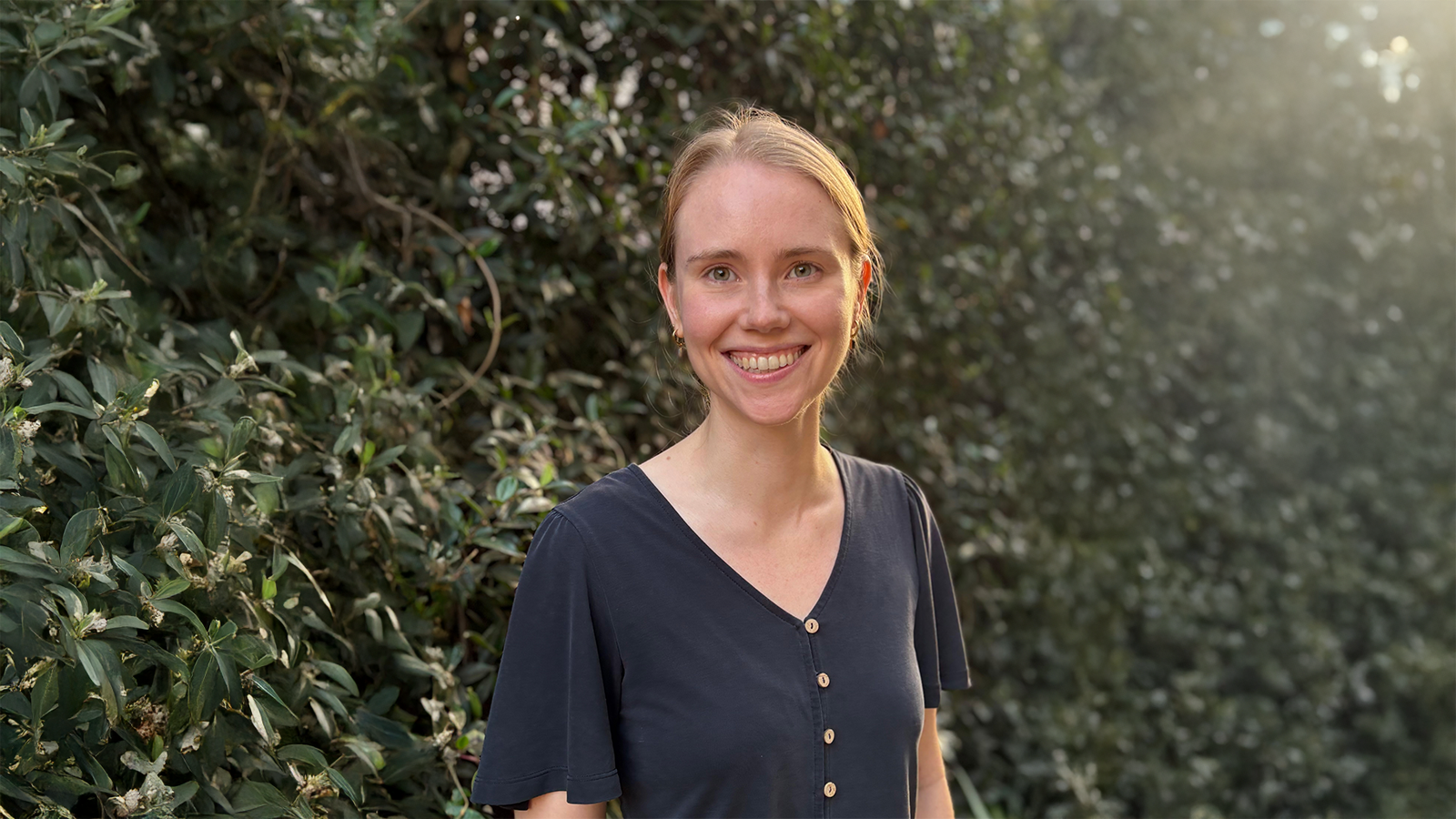
Student research on freeway removal, redesign wins national award
Carolyn Pugh MURP ’24 focused her capstone project on the Inner Loop freeway-to-boulevard project in Rochester, New York.
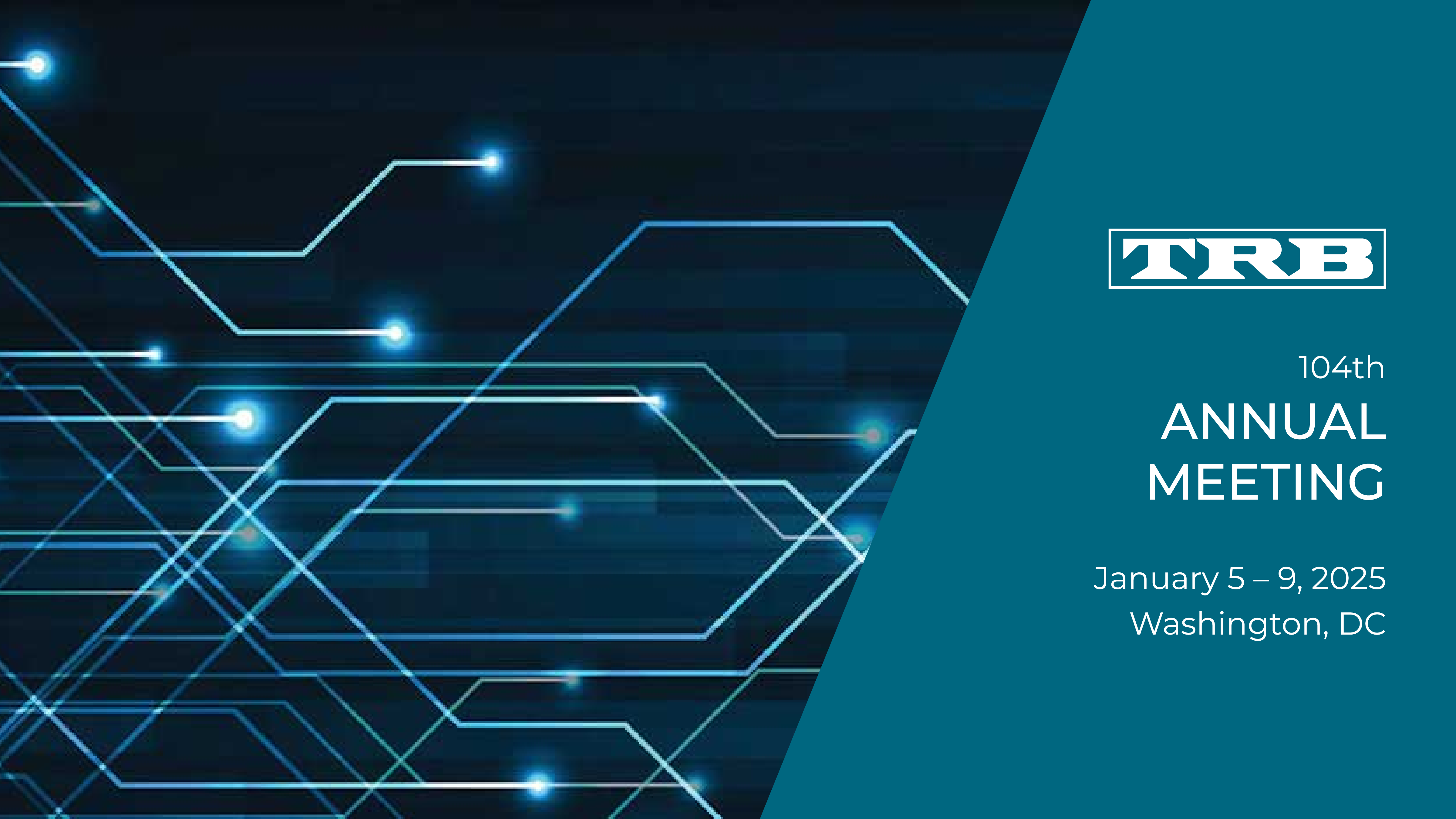
UCLA at TRB 2025
UCLA will have a significant presence at the 2024 Transportation Research Board Annual Meeting in Washington, D.C.


